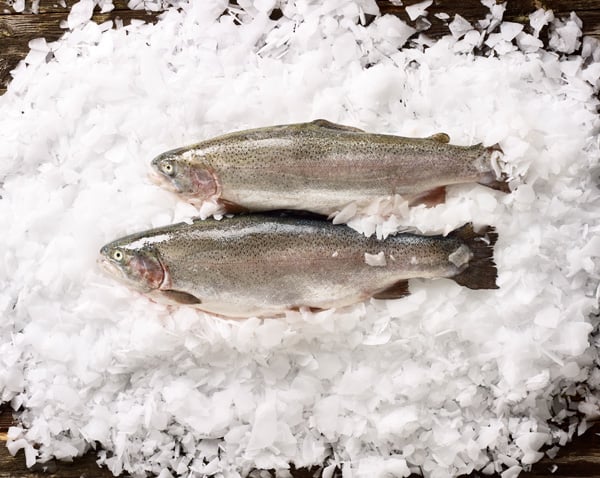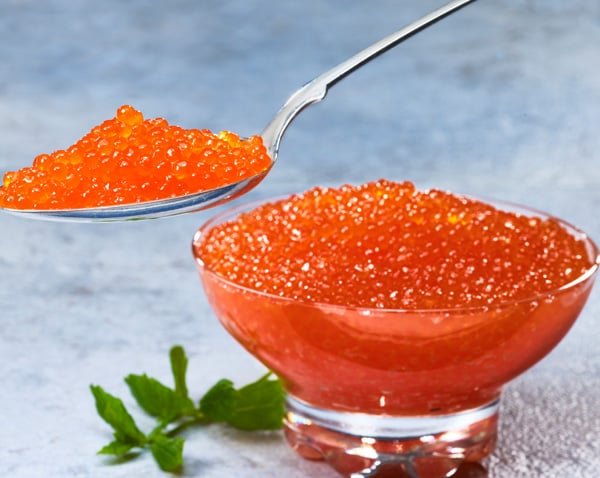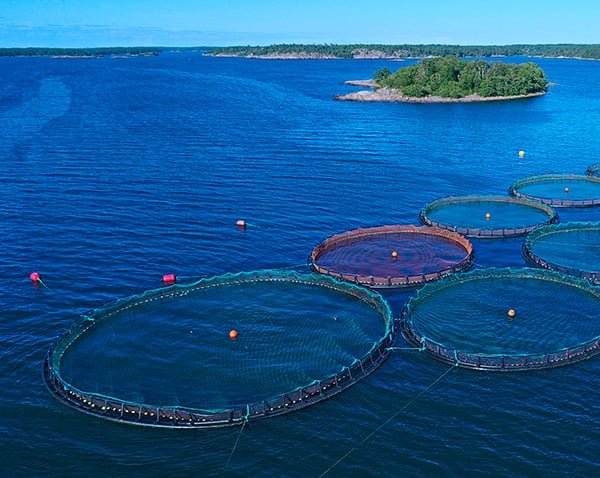On sustainability
Our goal is to be responsible and follow the principles of sustainable development in all our operations. Sustainable development involves three dimensions of equal value: environmental, social and financial.
At present, fish farming is a comprehensively regulated and monitored industry in Mainland Finland, Åland and Sweden. We adhere to laws and government regulations in the various areas of our operations. The industry is still rather young as a business sector and on a commercial scale. Significant improvements have been made and steps have been taken forward over the last 10-15 years in particular. Environmental protection and other interests and uses, as well as sustainable use of resources, are taken carefully into account. The environmental impacts of operations have decreased significantly.
Fish farming is subject to a licence and requires an exact and thorough licensing process based on various legislations and decisions by authorities. The operator must prepare a detailed assessment of environmental impacts, including information on the technical solutions, scope and location of the operations as well as their assessed impact on the environment and on other interests and parties. This is to ensure adequate and appropriate consideration of environmental protection and possible other parties and interests. The supervisory authority regularly checks that the operations are being carried out according to all licence terms and legislation. Our operations are well-documented under an extensive internal control programme that includes sampling, measurements and analyses. The obligatory monitoring is performed by an external expert body, in accordance with a plan approved by the authorities, in order to determine the impacts of our operations on the environment.
ASC CERTIFICATION INDICATES THE RESPONSIBILITY OF THE FISH FARM
The demand for fish for food is growing all the time around the world. Fish farming is a great way to meet the growing demand for fish products, which cannot be covered by the fish caught alone.
The Aquaculture Stewardship Council (ASC) is an international, non-profit organization that works to develop fish farming in an increasingly sustainable and responsible direction. The ASC certificate guarantees that fish farming follows strict criteria for environmental and social responsibility.
The green ASC logo is an indication of the transparency and openness of the business. The origin of ASC products can be traced throughout the production chain. When the consumer sees the ASC logo, they know that they are making a responsible choice. Buying an ASC-certified product creates demand for sustainable and responsible fish farming around the world.
As part of ASC certification, we carefully track, report, and publish inventory counts, yield counts, mortality, and recorded escapes during each production cycle. Based on this, the number of unexplained losses (EUL – Estimated Unexpected Loss) is estimated. The full life cycle of a fish is considered.
SEASON 2023/2024:
FINLAND AND SWEDEN
EUL – Unexplained Loss
Joutsa: 196,111 pcs
Foxen: 213,652 pcs
Escaped Fish Season 2023/2024:
Joutsa: 0 pcs
Foxen: 0 pcs
Fish have received antibiotic treatment following veterinary visits:
Foxen: July 24, 2024
Joutsa: August 27 – September 5, 2024 and September 9 – 18, 2024
SEASON 2024/2025
No escaped fish
FINLAND
EUL – Unexplained Loss
Joutsa: 261,888 pcs
Pensar: 13,694 pcs
Korppoo: 36,458 pcs
ÅLAND
EUL – Unexplained Loss
Hastersboda: 28,106 pcs
Klåvskär: 23,990 pcs
Vårdö: 43,482 pcs
Nåtö: 44,017 pcs
Stenkil: 30,712 pcs
Ängösund: 49,491 pcs
Fish have received antibiotic treatment following veterinary visits:
Nåtö: September 1–10, 2024 and July 17–26, 2025
Vårdö: September 2–11, 2024 and July 14–23, 2025
Ängösund: September 2–11, 2024 and July 21–30, 2025
SWEDEN
EUL – Unexplained Loss
Foxen: 100,005 pcs
Glava: 142,730 pcs
Näs: 35,183 pcs
Torsby: 79,146 pcs
Stöpafors: biomass 6,094 kg
Fish have received antibiotic treatment following veterinary visits:
Näs: September 10–21, 2024; May 21–June 8, 2025; June 20–29, 2025; July 17–28, 2025; and July 26–August 4, 2025



